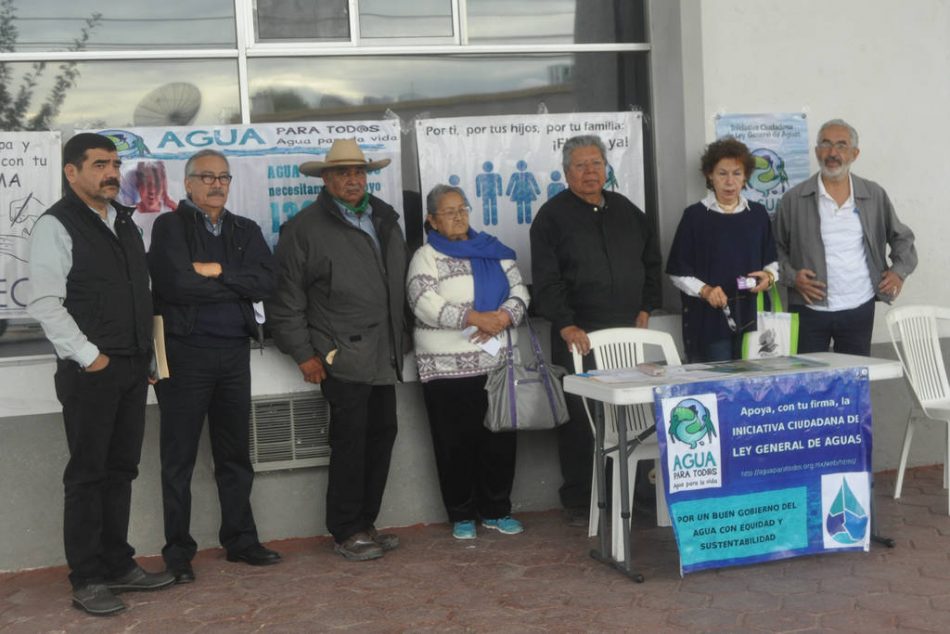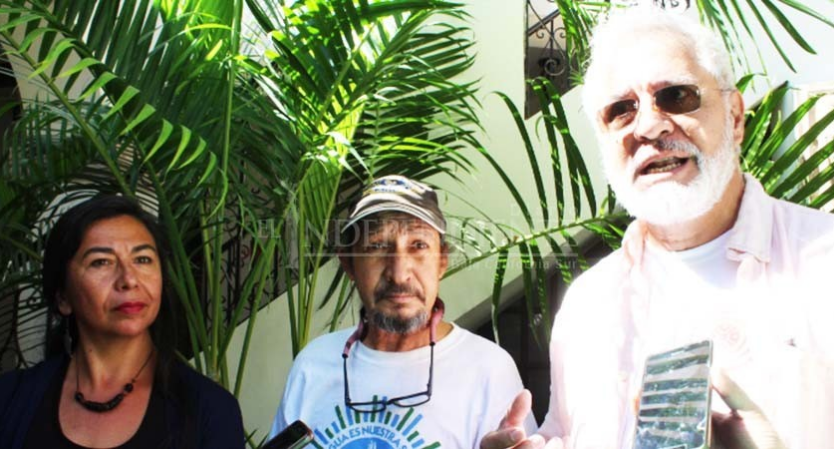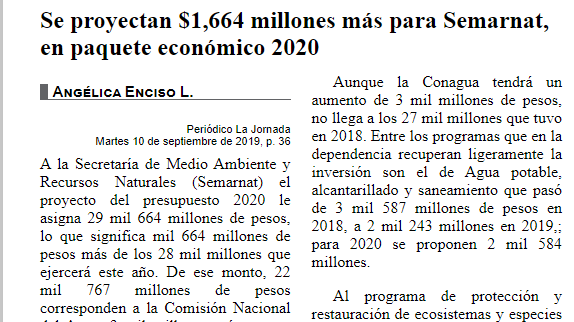World Bank May Be Spreading The Scourge That Fed Flint Water Crisis
WASHINGTON — Rep. Gwen Moore (D-Wis.) is calling out the World Bank’s investment in global water resources, alleging conflicts of interest similar to those that removed Flint, Michigan, from managing its own water.
Moore, ranking member on the House Monetary Policy and Trade Subcommittee, on Tuesday condemned the World Bank’s funding and promotion of water privatization through “public private partnerships” arranged by its investment arm, the International Finance Corp., or IFC.
“I am increasingly uneasy with water resource privatization in developing countries and do not believe that the current ring-fencing policies separating the investment and advising functions of the IFC are adequate,” Moore wrote in a letter to World Bank President Jim Yong Kim. Moore’s committee has jurisdiction over the World Bank.
The IFC’s purpose is to advise and invest with private companies to advance work in developing countries. But Moore, backed by watchdog group Corporate Accountability International, argued the World Bank has failed to adequately monitor the IFC’s overlapping roles of advising and investing.
Moore pointed to the IFC’s involvement in a water privatization project in Manila, Philippines, in the early 2000s, in which the bank advised and then designed the plan to help split the city’s water system into two corporations. Later, IFC bought a multi-million dollar equity stake in one of the corporations — Manila Water Co. According to documents, Manila Water then raised rates by 845 percent.
A 2012 report from Corporate Accountability International found that Manila Water has done little, if anything, to expand water supplies for communities lacking connections to infrastructure.
The IFC considers Manila a flagship model. The bank says it tracks conflicts between the IFC’s advisory and investment departments.
“The World Bank Group takes real or perceived conflicts of interests very seriously and has strict procedures in place to manage these risks appropriately,” IFC spokesman Frederick Jones said. “In the case of Manila Water, the risk of perceived conflicts of interest was examined at each stage of the Manila Water investment approval. Under the lead of IFC’s Conflicts of Interest Office, IFC ensured the use of an investment team that was comprised of completely different staff from those on the transaction advisory team.”
Jones added that helping government identify the best solutions to expanding access to clean water and sanitation services is a World Bank “priority.”
Moore, however, doesn’t buy it. As part owner of Manila Water, IFC is “aligned” with the utility’s “aggressive pursuit” of higher rates, she wrote.
Moore, who recently traveled to Flint to investigate the water crisis, said a profit-over-safety mentality is too common. The “pain and trauma” she saw in Flint is a “tragedy [that] could too easily happen in Milwaukee,” which she represents. Flint’s water was poisoned with lead after an emergency manager switched the water supply, causing pipes to corrode.
In Moore’s home state, the issue of water privatization was fiercely debated earlier this year. Legislation that would have made it easier to sell or lease public water and sewer utilities to private companies passed the state assembly, but was scrapped by the Wisconsin Senate amid opposition.
The ongoing problems in Flint and other U.S. cities, Moore said in an emailed statement, “begs of us in positions of influence to take a broader look at the world around us to help identify similar problems.”
“Yes, we’ve just now started shedding light on this local and national issue in the United States, but there are global implications to think about as well,” Moore added, pointing to the World Bank’s investments in private water companies. “It has become clear that there are those in positions of great power who are all too willing to prioritize profits over public safety.”
Moore’s letter called on the World Bank and IFC to cease promoting and investing in private water companies until an outside investigation and congressional hearings.
“The World Bank is stacking the deck, dealing the cards and placing all the bets, putting profits above human need,” said Shayda Naficy, of Corporate Accountability International. “For years it has ignored the concerns of those most affected by this blind pursuit, but with Congress asking questions, it can no longer pursue this path with impunity.”
This post has been updated with comment from an IFC spokesman.






